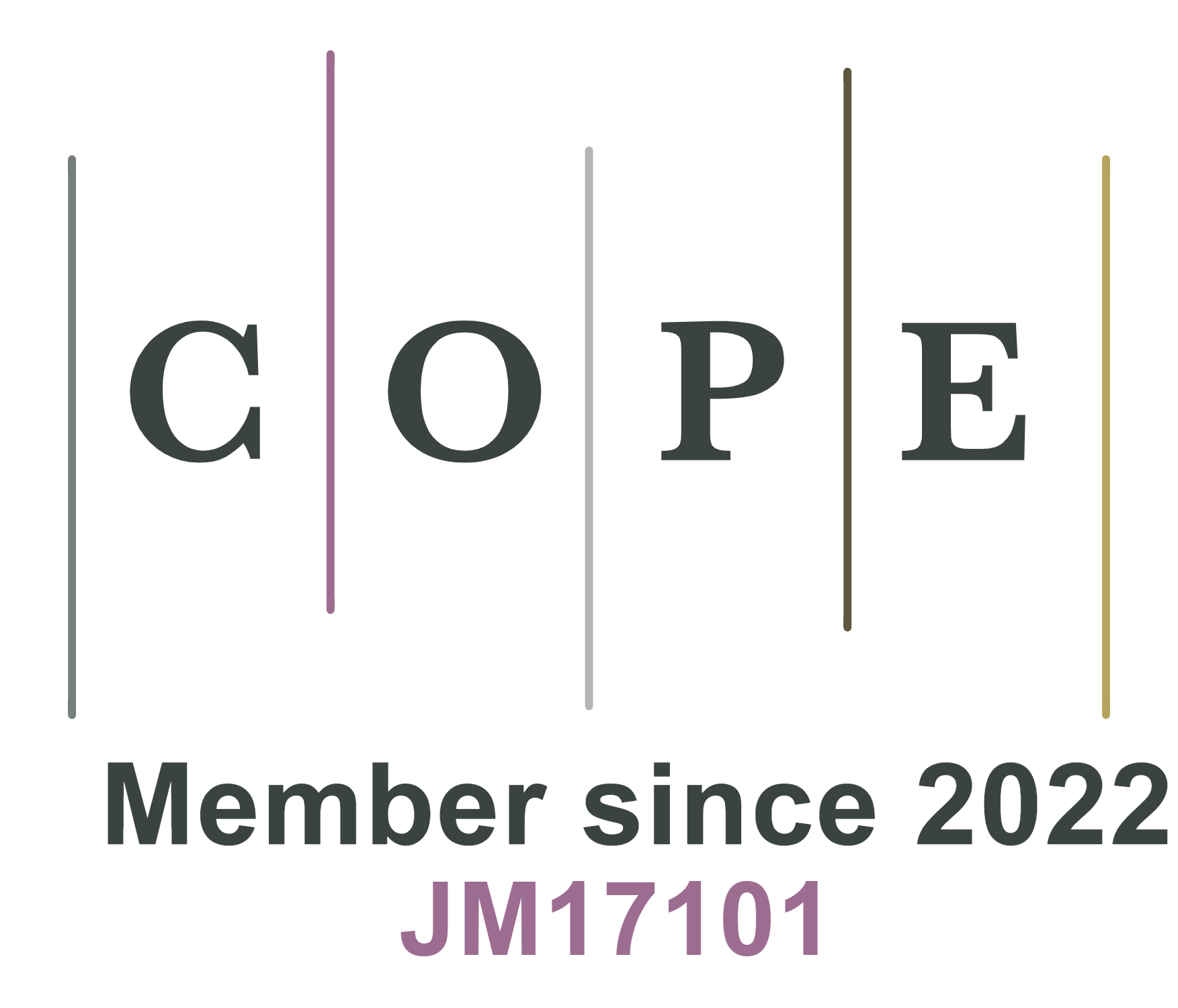fig4


Figure 4. Mechanotransduction of cancer cells in the context of the TME and intercellular interactions and its main effects. Diagram showing the conversion of mechanical forces into biochemical signals within the context of mechanical force-mediated intercellular interactions in solid tumors. Intercellular interactions can be initiated by mechanical forces and can also result in mechanical forces such as compression and tension[83]. Intercellular interactions can be initiated by the proliferation of cancer cells or the migration of connected fibroblasts, and mechanical force-mediated intercellular interactions can also promote the migration, invasion, proliferation, and survival of cancer cells[84]. Mechanical forces can reinforce focal adhesions, stimulate the Rho–ROCK–MLC pathway, and increase cytoskeletal tension[85]. Thus, these reactions will form a self-enforcing (positive) feedback loop. Crosstalk between the FAK-Src-ERK pathway and Rho–ROCK-MLC pathway leads to the activation of ERK and the formation of a FAK-Rho-ERK signaling loop, resulting in increased proliferation and survival[86]. Src is a nonreceptor tyrosine kinase that can activate FAK, which in turn activates RAS and Rho signaling[87]. Rho GTPases, including Rho, are involved in regulating the actin cytoskeleton and cell motility. Rho can activate c-Jun N-terminal kinase (JNK), which is a protein kinase that plays a crucial role in regulating migration, while c-JUN is a transcription factor that is a downstream target of the JNK signaling pathway. Moreover, activation of the JNK signaling pathway can promote metastasis[88].














